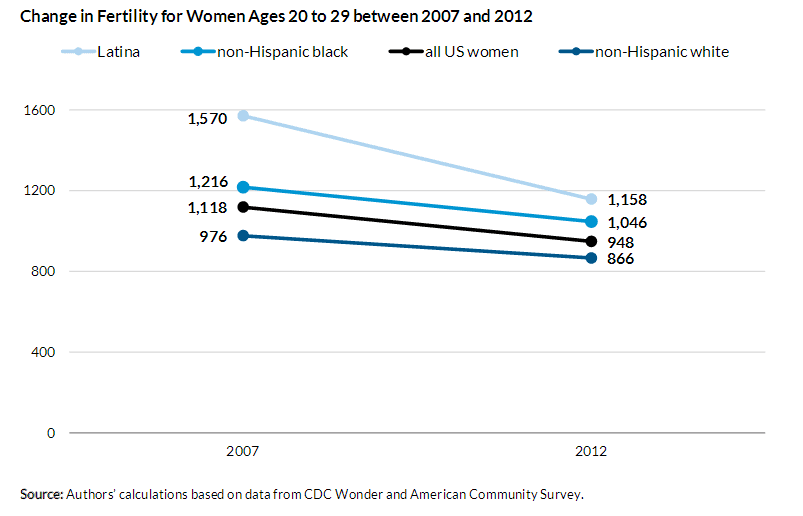Many women know that at a certain age, the question of when they’ll be having children starts to become a common topic at family functions. Many millennial women are saying no to this question.
Birth rates among millennial women are declining quickly, according to an April 8, 2015, report by the Urban Institute. Between the years 2007 and 2012, birth rates among 20-something women dropped 15 percent, according to the Institute. In 2012, there were 948 births per 1,000 women, this is the slowest pace of any generation in U.S. history, according to the Institute. These numbers show that more and more women are opting out of having children or waiting longer to have them.
Millennial women are choosing flexibility and responsibility over children.
“I just really want to have time to do other things and not have to worry about another human being. I want to be able to jump on an airplane to Tokyo and not have to think about someone else, it’s the same reason I don’t want to get married,” said Samantha Gray, junior communications major at Shepherd University.
Economics also are on the minds of millennial women. Those who opt out of motherhood are more likely to have managerial positions, and have higher earnings than those who choose to have children, according to the 2014 U.S. Census.
. Women who do have children have economic advantages as well, according to the Census. They are more likely to be chosen for science, technology, engineering, mathematics, service, production and non-management professional occupations, according to the Census.
“I really want to raise a family. The idea of adopting is great as well because there are so many kids who need loving homes. I want to be a loving parent someday and hopefully be half the mom my mother is to me,” said Caitlin Christian, a senior elementary education major at Shepherd University.
The Urban Institute reports that if birth rates don’t rebound, it could have major effects on population. It is too early to tell because millennial women are still in their child bearing years, but if birth rates don’t begin to increase, “The United States might eventually face the type of generational imbalance that currently characterizes Japan and some European countries,” according to the Institute.
Haley George is a staff writer for The Picket. She can be reached at hgeorg01@rams.shepherd.edu

Leave a Reply